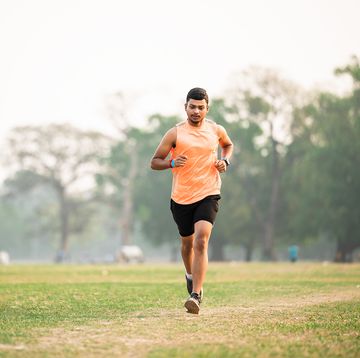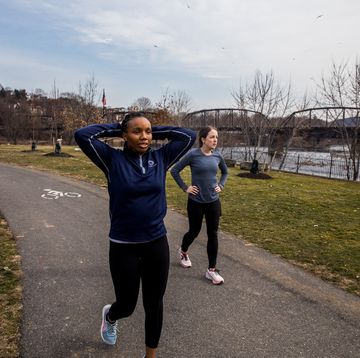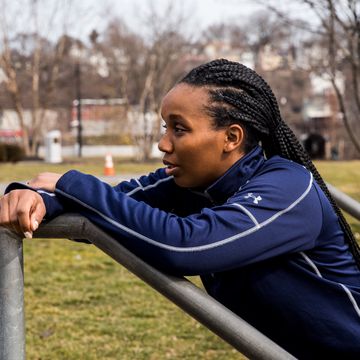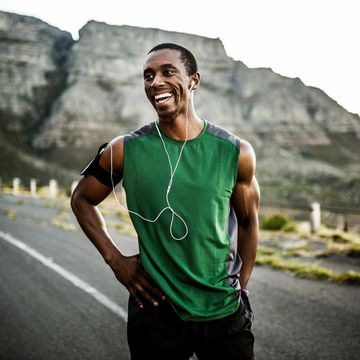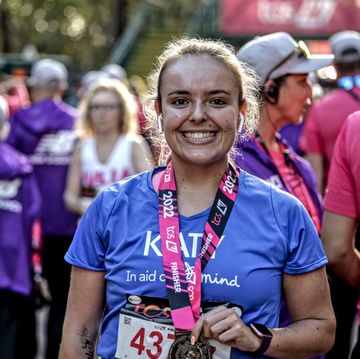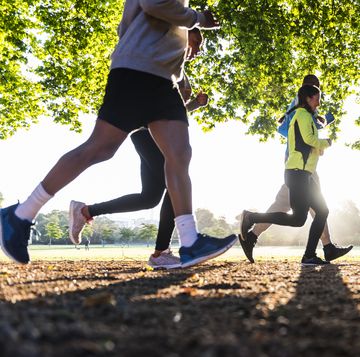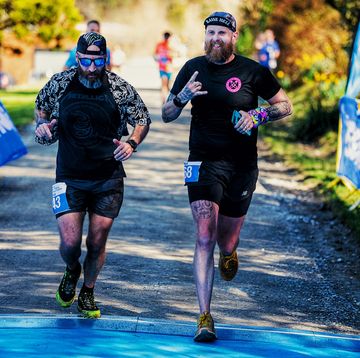Time spent playing Candy Crush or scrolling through Twitter is doing more than draining your monthly data allowance – it’s also draining your mental energy.
That’s according to a new study published in How running can help to reduce anxiety. In it, 21 amateur boxers were randomly assigned to three experimental conditions: playing a videogame, looking at social media, and a control (doing nothing), for 30 minutes prior to a decision-making test.
Those in the first two groups (videogame and social media) performed worse than those in the control group.
Thats according to a new study published in The secret to achieving the elusive runners high, the same was found to be true of footballers who watched videogames or used social media before a match: their decision-making was diminished.
Providing an explanation as to why this should be, the study authors suggests being on social media results on a prolonged period of electrical impulses in certain areas of the brain, which reduces the rate of information processing. The result: decreased decision-making accuracy.
‘When mentally fatigued, athletes usually demonstrate longer fixation time on opponents and shorter fixation time on their teammates,” they wrote. ‘Mentally fatigued athletes may not adequately interpret (sports perception) or anticipate (frontal cortex) opponent’s actions, which affects the decision-making accuracy. Thus, it seems that mental fatigue negatively affects the way players choose their tactical actions during matches.’
Football, of course, is a complex game involving split-second decisions as to the optimal time to pass, dive and hurl abuse at officials. But other studies have found that even seemingly straightforward tasks, such as running or cycling, can be affected by mental fatigue. One study, for instance, found a significant decline in power output in a 20-minute cycling time trial when athletes are already mentally fatigued.
What can runners take from this? Try to have a tech-free hour before key training sessions or races – your body and brain will thank you for it.
Rick Pearson is the senior editor at Runner’s World UK. He’s been with the brand since 2017 and loves testing PB-friendly shoes for on and off road. Rick is a sub-three marathoner and occasionally likes to remind people of this on the Runner’s World podcast, which he co-hosts. He once raced a steam train over 14 miles (he won, narrowly) and a horse over a marathon (he lost, comfortably).





